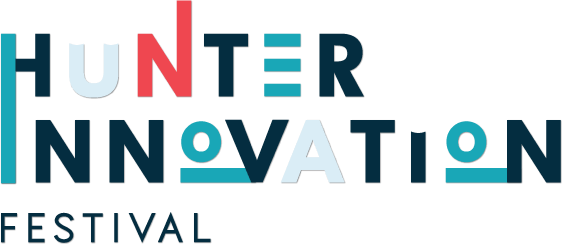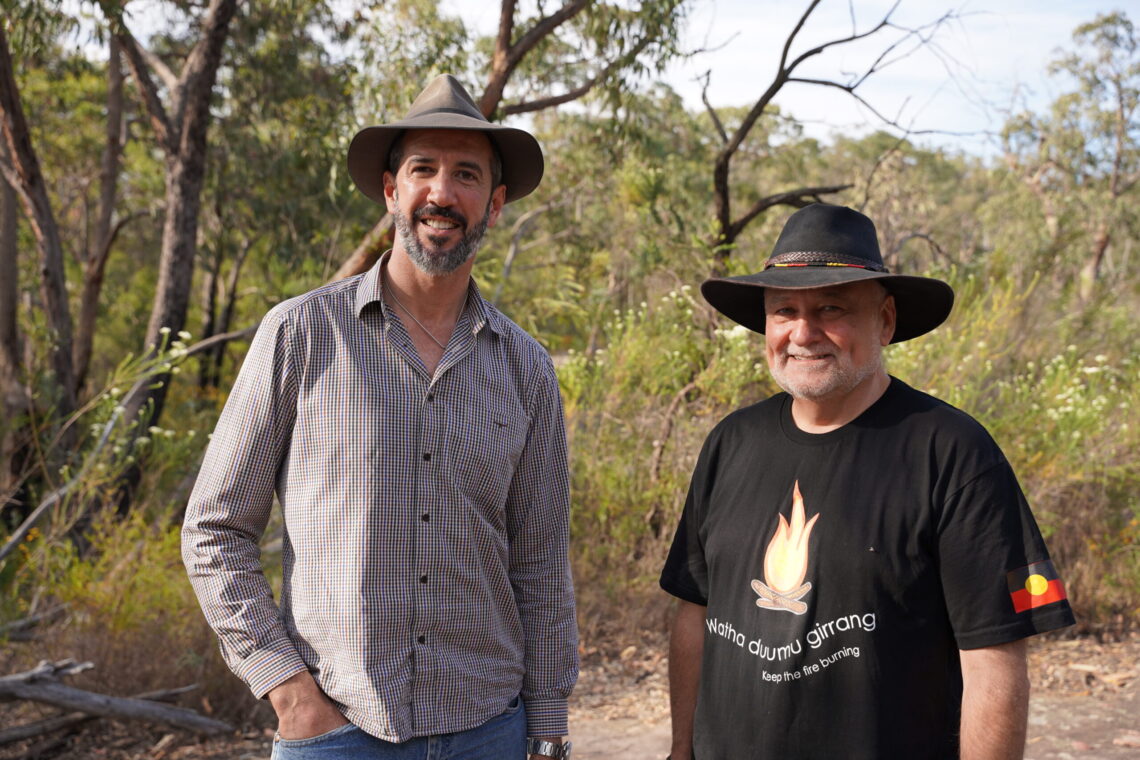In today’s rapidly evolving tech landscape, innovation is often celebrated as the driving force of progress, but beneath every groundbreaking project lies a critical yet often overlooked element, trust.
In developed countries such as the US, UK, Europe and Australia, trust in tech is declining fastest. Twice as many people believe innovation is being mismanaged as those who feel it’s being handled well*.
Governments and technology leaders have acknowledged that the pace of change is outstripping society’s ability to adapt, eroding public confidence in the process.
The Hunter Innovation Festival is tackling this issue with insights from global thought leader Professor Deen Sanders OAM, a Worimi man from the NSW mid north coast, and practise leader of Deloitte Integrity.
Professor Sanders diagnoses sliding trust in tech as a manifestation of ‘systems failure’.
A leading authority in Australia, Professor Sanders occupies a rare and fascinating space.
His approach offers that Indigenous knowledge systems, which prioritise community, sustainability, and long-term thinking, could offer critical insights for navigating the tightrope of progress and societal acceptance of innovation.
“The closest corollary we have in western business systems to indigenous knowledge is this language of systems thinking, or complexity theory,” said Professor Sanders.
“Indigenous knowledge systems are anchored in our understanding of the whole system. Like everything, the world of business and innovation exists in a system. When you think about the world as a living system, it opens new and exciting ways of thinking about how we can succeed in business as contributors to that system,” said Professor Sanders.
Professor Sanders explains that Indigenous knowledge systems, which have long managed ecosystems and community relationships sustainably, provide a template for more responsible and trusted innovation management. By integrating these principles, and paying attention to the human connections in the technology stack, the sector can not only address the trust deficit but also create more inclusive and resilient tech progress.
“When trying to solve a complex problem with fast solutions, all you ever do is create more complexity and more problems. The world of tech and innovation, with its focus on pace, is more exposed than others,” said Professor Sanders.
“Thinking more deeply about the problem you’re trying to solve for, opens up different avenues for solving them, that might even be simpler in their answer,” he said.
Director of the Hunter Innovation Festival, Mr Alex Brennan, said with the growing divide between technological advancement and public confidence, the innovation sector faced an urgent need for a shift in perspective.
“The innovation sector here in the Hunter and across Australia has high aspirations and some phenomenal research outputs, but as an ecosystem we are still maturing. Australia’s tech exports measure approximately $9 billion annually, roughly one third of Sweden’s and half of Denmark’s, two countries significantly smaller than Australia,” offered Mr Brennan.
“As we continue to mature as a sector, and perhaps look to leverage opportunities under the Australian government’s Future Made in Australia package, this type of thinking embedded early on will be crucial,” said Mr Brennan.
“As a sector we’re acutely aware of the role data breaches, cyber security threats, artificial intelligence anxiety, and misuse potential have in adoption or advancement of solutions. It directly impacts the bottom line and can mean the difference between an idea flourishing or flopping,” said Mr Brennan.
Professor Sanders said systems thinking also involved recognising that businesses operate within a community or ecosystem.
“The currency of traditional indigenous systems thinking is knowledge, not cash. Our economies were based on growth, but a different model of growth,” he said.
Bringing this idea to life, Professor Sanders will join innovators and entrepreneurs at this year’s Hunter Innovation Festival to gather, share knowledge, and build bonds, activities all aimed at improving systems health.
“The Indigenous systems thinking model is rooted in the idea that when people come together, they leave knowing more, both as individuals and also collectively. The concept is growth for everyone,” said Professor Sanders.
“The Hunter Innovation Festival and gatherings like it are an extraordinary way of bringing people together to create new knowledge, and it is emulating the way we’ve always done it here in this country, in this very region, since time immemorial.”
For media interviews contact Sheena Martin – 0408 733 386
* 2024 Edelman Trust Barometer

